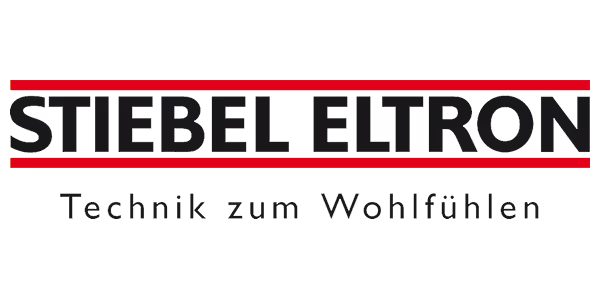As the name indicates, an air/water heat pump uses the energy in the air to heat up water for your home. Ambient air is available everywhere and in any quantity and can therefore easily be used as a heat source. Air / water heat pumps transfer the generated heat to a conventional heating system (floor heating, radiators) or to a water heating system. The used ambient air, cooled by a few degrees, is blown out again through air ducts. An air/water heat pump most commonly come in two version: one where the entire heat pump is located in the house and one where a separate unit is placed outside the house.
The natural energy stored in the ground can be used in a simple way: with vertical geothermal probes that are buried up to 300 meters deep underground. No material is exchanged underground, only heat. In the underground pipe system, mainly a brine, which consists of water and antifreeze, circulates. The heat pump is therefore referred to as a brine / water heat pump. As with air / water the ground heat source can not only be heated, but also cooled. This type is slightly more expensive than an air-water heat pump. In return it is cheaper to operate and it is more reliable in very cold weather.
Groundwater has an almost constant temperature all year round and is therefore ideal as a heat source for heat pump heating. Surface water from lakes, rivers and streams can also be used as a heat source. The operation of such a water / water heat pump always requires a permit and a license (cantons, municipalities). The aquifer is accessed via a well bore. This always requires a hydrogeological preliminary investigation (geologist) and, in case of doubt, a water analysis. The pipe system that leads to the heat source collects the water to be used and guides it to the heat pump.
.avif)


.avif)
.avif)
.avif)
.jpg)


.avif)
.avif)
.png)
.avif)
.png)


